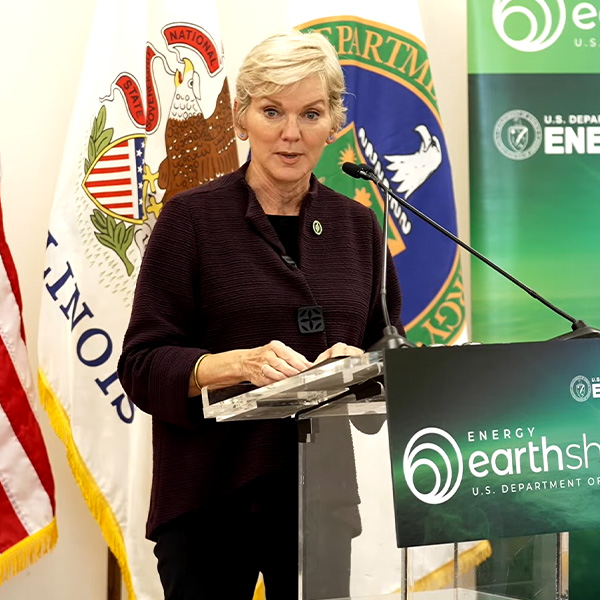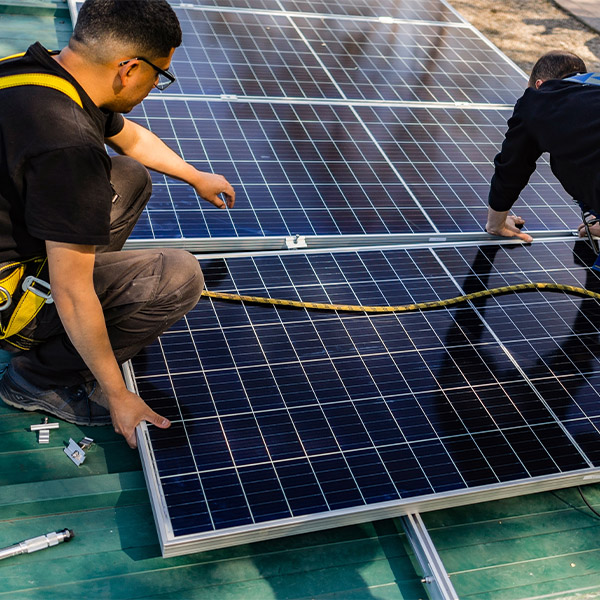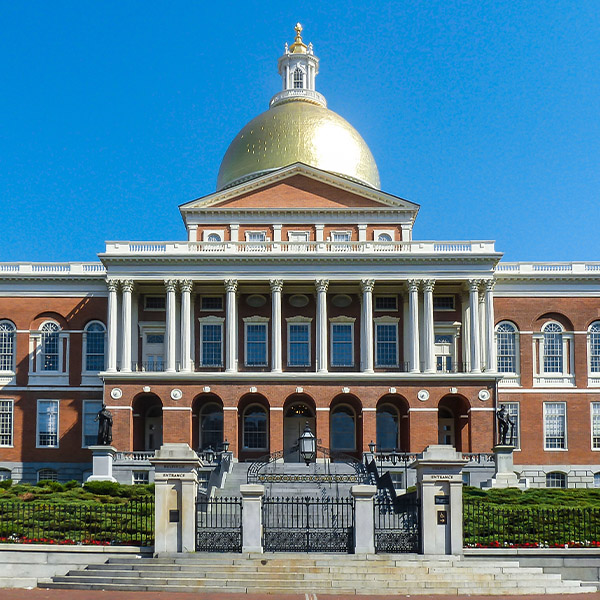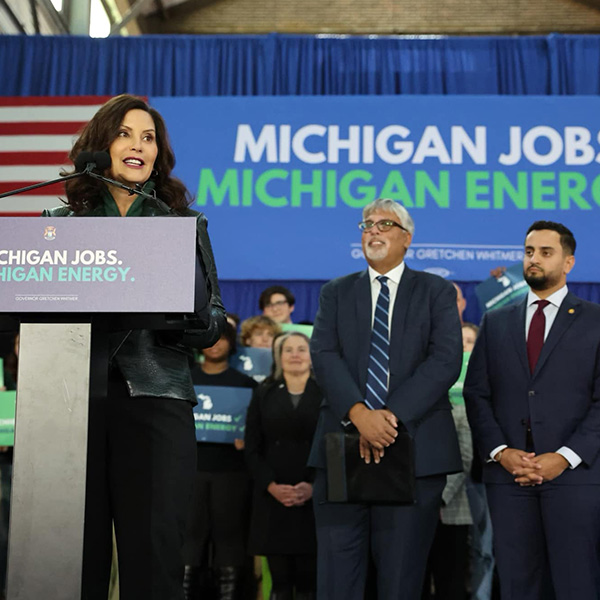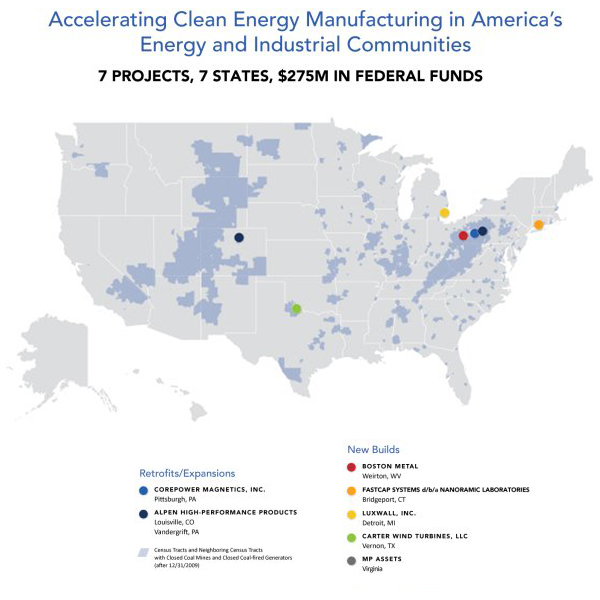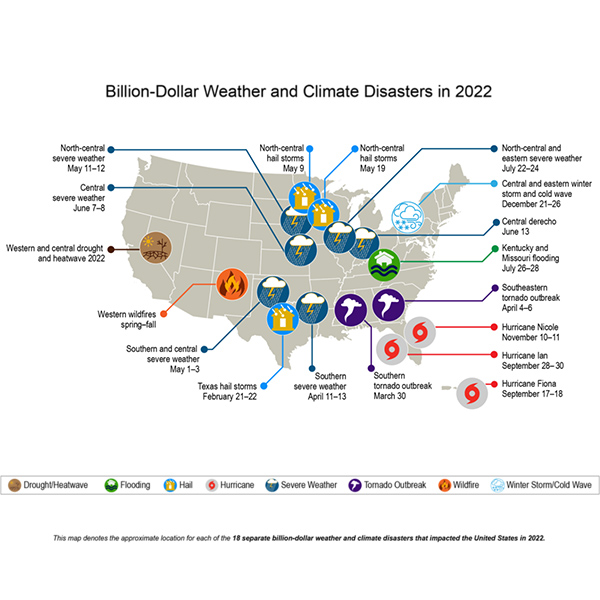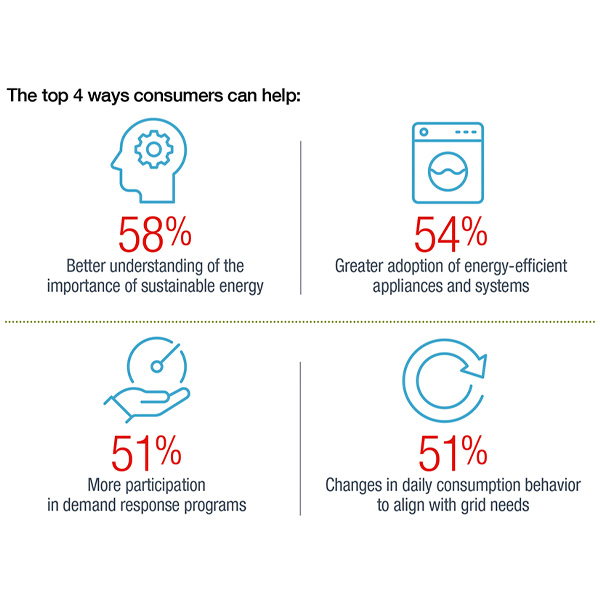Energy Efficiency
DOE is focused on reshaping the U.S. energy landscape, but officials may have only another year to build the momentum needed to make any potential Republican rollbacks unpopular and unlikely.
The Maryland Energy Administration has $22.5 million it’s planning to use to make low-income homes more energy efficient and put solar panels on their roofs.
As utilities and regulators face unprecedented growth in power demand, figuring out how to plan and finance distribution systems has become a fast-moving target, according to speakers at the GridWise Alliance gridCONNEXT conference.
Massachusetts's first-ever "Climate Report Card" found that all of the state’s sectors are “on track” for their 2025 decarbonization targets.
The bills codify many of the Michigan governor's climate goals, such as giving the Public Service Commission power to approve sites for new large-scale renewable energy projects and a 100 % clean energy goal of 2040
The Department of Energy said it would provide $275 million for seven projects around the country that are meant to bolster domestic clean energy supply chains.
DOE is opening the second round of funding for its Grid Resilience and Innovation Partnership program, which will offer $3.9 billion from the IIJA for projects that will modernize the grid, increase capacity, and unlock renewable energy resources.
Decarbonizing hundreds of thousands of small- to midsize apartment buildings in New York will be an expensive and challenging task, the Federal Reserve Bank of New York indicates in a new report.
The BENEFIT program will support DOE's Affordable Home Energy Shot, aimed reducing the cost of home upgrades for affordable housing by at least 50% while also reducing energy bills by 20% within a decade.
Itron's 2023 Resourcefulness Insight Report examines the U.S. energy transition from the perspective of 250 U.S. utility executives and 10 public utility commissioners.
Want more? Advanced Search
